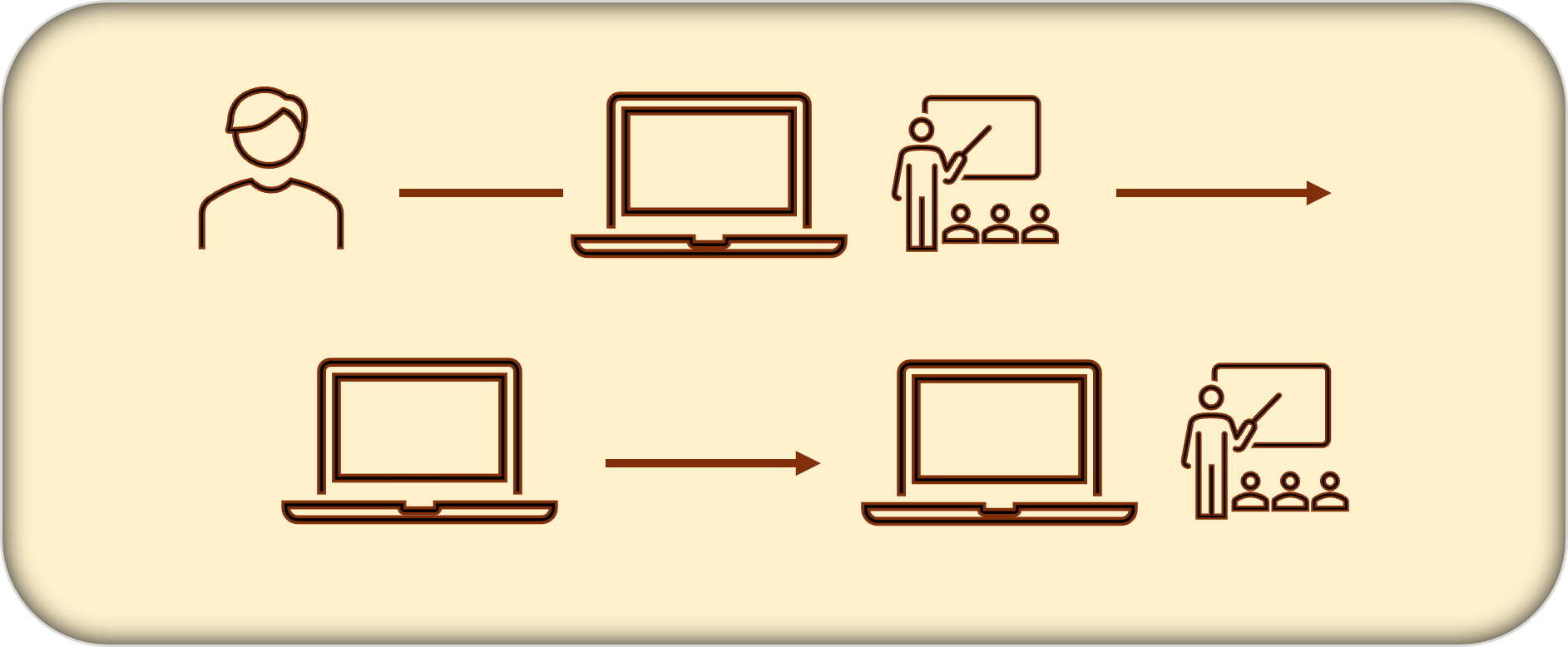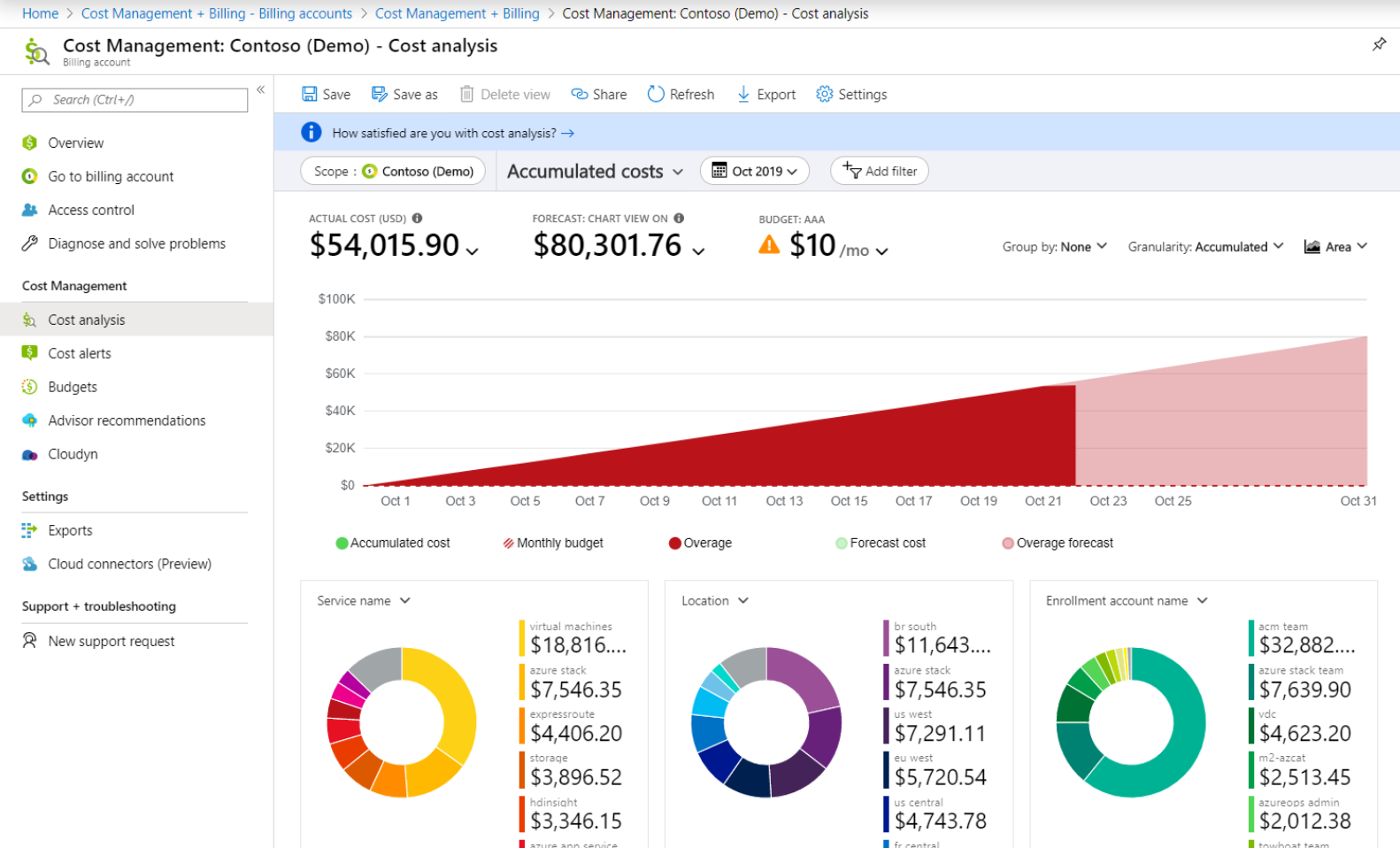
The ESI program is for hard core techies who want to learn more about the ins and outs of Microsoft products.
In this resource hub you'll find the course tracks that have been selected by content experts.
- Enseignant: Roald Santens (admin)

This is an advanced, expert-level course. Although not required to attend, students are strongly encouraged to have taken and passed another associate level certification in the security, compliance and identity portfolio (such as AZ-500, SC-200 or SC-300) before attending this class. This course prepares students with the expertise to design and evaluate cybersecurity strategies in the following areas: Zero Trust, Governance Risk Compliance (GRC), security operations (SecOps), and data and applications. Students will also learn how to design and architect solutions using zero trust principles and specify security requirements for cloud infrastructure in different service models (SaaS, PaaS, IaaS)
This course is for experienced cloud security engineers who have taken a previous certification in the security, compliance and identity portfolio. Specifically, students should have advanced experience and knowledge in a wide range of security engineering areas, including identity and access, platform protection, security operations, securing data, and securing applications. They should also have experience with hybrid and cloud implementations. Beginning students should instead take the course SC-900: Microsoft Security, Compliance, and Identity Fundamentals.

This course is suitable for IT personnel who are just beginning to work with Azure. This audience wants to learn about our offerings and get hands-on experience with the product. This course primarily uses the Azure portal and command line interface to create resources and does not require scripting skills. Students in this course will gain confidence to take other role-based courses and certifications, such as Azure Administrator. This course combines lecture, demonstrations, and hands-on labs. This course will also help prepare someone for the AZ-900 exam.

This course provides IT Security Professionals with the knowledge and skills needed to implement security controls, maintain an organization’s security posture, and identify and remediate security vulnerabilities. This course includes security for identity and access, platform protection, data and applications, and security operations.
This course is for Azure Security Engineers who are planning to take the associated certification exam, or who are performing security tasks in their day-to-day job. This course would also be helpful to an engineer that wants to specialize in providing security for Azure-based digital platforms and play an integral role in protecting an organization's data.

A look at what Azure Stack HCI is and when you would use it.

FinOps is an operational framework and cultural practice that enhances the business value derived from cloud technology. It promotes data-driven decision-making in a timely manner and fosters financial responsibility. It gets achieved through collaboration among engineering, finance, and business teams.
FinOps is a discipline that combines financial management principles with cloud engineering and operations to provide organizations with a better understanding of their cloud spending. It also helps them make informed decisions on how to allocate and manage their cloud costs. The goal of FinOps isn't to save money, but to maximize revenue or business value through the cloud. It helps to enable organizations to control cloud spending while maintaining the level of performance, reliability, and security needed to support their business operations.

This course teaches Network Engineers how to design, implement, and maintain Azure networking solutions. This course covers the process of designing, implementing, and managing core Azure networking infrastructure, Hybrid Networking connections, load balancing traffic, network routing, private access to Azure services, network security and monitoring. Learn how to design and implement a secure, reliable, network infrastructure in Azure and how to establish hybrid connectivity, routing, private access to Azure services, and monitoring in Azure.
This course is for Network Engineers looking to specialize in Azure networking solutions. An Azure Network engineer designs and implements core Azure networking infrastructure, hybrid networking connections, load balance traffic, network routing, private access to Azure services, network security and monitoring. The azure network engineer will manage networking solutions for optimal performance, resiliency, scale, and security. Successful Azure Network Engineers start this role with experience in enterprise networking, on-premises or cloud infrastructure and network security.
- Understanding of on-premises virtualization technologies, including: VMs, virtual networking, and virtual hard disks.
- Understanding of network configurations, including TCP/IP, Domain Name System (DNS), virtual private networks (VPNs), firewalls, and encryption technologies.
- Understanding of software defined networking.
- Understanding hybrid network connectivity methods, such as VPN.
- Understanding resilience and disaster recovery, including high availability and restore operations.

This course teaches IT Professionals how to manage their Azure subscriptions, secure identities, administer the infrastructure, configure virtual networking, connect Azure and on-premises sites, manage network traffic, implement storage solutions, create and scale virtual machines, implement web apps and containers, back up and share data, and monitor your solution.
This course is for Azure Administrators. The Azure Administrator implements, manages, and monitors identity, governance, storage, compute, and virtual networks in a cloud environment. The Azure Administrator will provision, size, monitor, and adjust resources as appropriate. Successful Azure Administrators start this role with experience in virtualization, networking, identity, and storage.
- Understanding of on-premises virtualization technologies, including: VMs, virtual networking, and virtual hard disks.
- Understanding of network configurations, including TCP/IP, Domain Name System (DNS), virtual private networks (VPNs), firewalls, and encryption technologies.
- Understanding of Active Directory concepts, including users, groups, and role-based access control.
- Understanding of resilience and disaster recovery, including backup and restore operations.
- Enseignant: User 311

Durée de la formation : 2,2h
FinOps sits at the intersection of finance and cloud operations, where cross-functional teamwork is essential for success. When it comes to cloud computing, FinOps managers are responsible for overseeing cloud costs and building teams across engineering, product, finance, and more. In this course, instructor David Linthicum gives an overview of the basics of cloud FinOps, collaborating with ever-changing systems, and how to motivate data-driven financial decision-making to optimize business value. Discover the key objectives and underpinnings of FinOps so you can get ready to start crafting your own plan. Learn how to develop an effective plan for cloud deployment, while ensuring that you include everyone who needs to be involved in the process. Get tips from David on cost optimization, cost analysis and forecasting, important automation considerations, compliance, and governance. Along the way, review core cloud FinOps concepts in action by exploring practical case studies drawn from cloud computing and enterprise management.
Topics include:
- Explain why businesses adopt FinOps.
- Identify reasons for cloud cost overages rather than savings.
- Review the various types of clouds and their popularity in business use
- Describe the goal of using cloud spending optimization technology.
- Differentiate between various FinOps technology tools.
- Define organizational roles in FinOps.
Ce cours n´est disponible qu´en anglais. Si ce n´est pas un problème pour vous, soumettez votre demande.

This course is suitable for IT personnel who are just beginning to work with Azure. This audience wants to learn about our offerings and get hands-on experience with the product. This course primarily uses the Azure portal and command line interface to create resources and does not require scripting skills. Students in this course will gain confidence to take other role-based courses and certifications, such as Azure Administrator. This course combines lecture, demonstrations, and hands-on labs. This course will also help prepare someone for the AZ-900 exam.

The Managing Microsoft Teams course is designed for persons who are aspiring to the Microsoft 365 Teams Admin role. A Microsoft Teams administrator plans, deploys, configures, and manages Microsoft Teams to focus on efficient and effective collaboration and communication in a Microsoft 365 environment. In this course, you will learn about various Teams management tools, security and compliance feature for Teams, network requirement for Teams deployment as well as different Teams settings and policies for managing collaboration and communication experience in Teams.
Students in this course are interested in Microsoft Teams or in passing the Microsoft Teams Administrator Associate certification exam. A Microsoft Teams administrator plans, deploys, configures, and manages Microsoft Teams to focus on efficient and effective collaboration and communication in a Microsoft 365 environment. A Microsoft Teams administrator must be able to plan, deploy, and manage teams, chat, apps, channels, meetings, audio/video conferencing, live events, calling, and Teams certified devices. A Microsoft Teams administrator has experience integrating Microsoft Teams with SharePoint, OneDrive, Exchange, Microsoft 365 Groups, and other Microsoft, third-party, and custom apps. A Microsoft Teams administrator understands and collaborates with other workloads and roles, such as Network, Voice, Identity, Access, Devices, Licensing, Security, Compliance, Information management, and User Adoption.

As a Microsoft 365 administrator, you:
- Function as the integrating hub for all Microsoft 365 workloads.
- Coordinate across multiple Microsoft 365 workloads.
- Work with architects and other administrators responsible for workloads, infrastructure, identity, security, compliance, endpoints, and applications.
This course introduces Microsoft 365, an integrated cloud platform that
delivers industry-leading productivity apps along with intelligent cloud
services, and world-class security. You’ll learn foundational knowledge
on the considerations and benefits of adopting cloud services and the
Software as a Service (SaaS) cloud model, with a specific focus on
Microsoft 365 cloud service offerings. You will begin by learning about
cloud fundamentals, including an overview of cloud computing. You will
be introduced to Microsoft 365 and learn how Microsoft 365 solutions
improve productivity, facilitate collaboration, and optimize
communications. The course then analyzes how security, compliance,
privacy, and trust are handled in Microsoft 365, and it concludes with a
review of Microsoft 365 subscriptions, licenses, billing, and support.
This course is designed for candidates looking to demonstrate
foundational-level knowledge of cloud-based solutions to facilitate
productivity and collaboration on-site, at home, or a combination of
both.
Candidates may have knowledge of cloud-based solutions or may be new to Microsoft 365.

This course is suitable for IT personnel who are just beginning to work with Azure. This audience wants to learn about our offerings and get hands-on experience with the product. This course primarily uses the Azure portal and command line interface to create resources and does not require scripting skills. Students in this course will gain confidence to take other role-based courses and certifications, such as Azure Administrator. This course combines lecture, demonstrations, and hands-on labs. This course will also help prepare someone for the AZ-900 exam.

Learn how to monitor and control your Azure spending and optimize the use of Azure resources.
